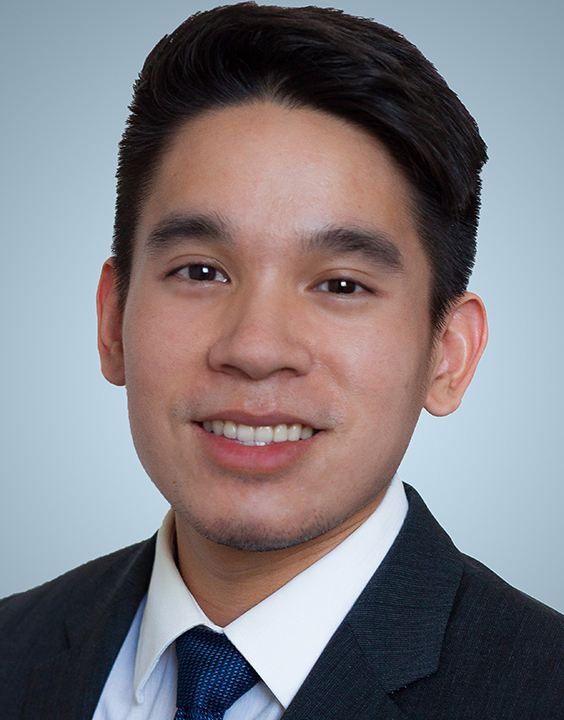 As a child in Orange County, Thomas Vo enjoyed going to the optometrist — so much so that he decided to become one himself. “There was no pain involved, and I always left seeing better than I had when I came in,” he recalls. “I thought it would be a gratifying job.”
As a child in Orange County, Thomas Vo enjoyed going to the optometrist — so much so that he decided to become one himself. “There was no pain involved, and I always left seeing better than I had when I came in,” he recalls. “I thought it would be a gratifying job.”
As he completed his undergraduate degree in biology at UC Irvine, however, he had a change of heart and began to veer toward ophthalmology. “An ophthalmologist can offer more comprehensive treatments for patients, including surgery,” he says. The plan was cemented during a missionary trip to Ghana after graduation. He realized he wanted to be able to perform life-changing surgeries for patients and started developing his career path toward traveling abroad to provide eye care that would last patients their entire lifetimes.
While applying to medical school during a gap year, Vo worked as a researcher in the lab of DEF Research Director Dr. Cristina Kenney. It proved so fulfilling that he again worked in Kenney’s lab after his third year of medical school at UC Irvine, part of a trend among students in “research-heavy specialties” of taking a year off during medical school to be part of in-depth research.
“We fully support this trend,” Kenney says. “Not only does it increase the students’ credibility when they apply for residency, but it gives us a hand in helping to train the eye researchers of the future in our lab.”
With ophthalmology firmly in his sights, Vo knew he wanted to work with Kenney again. “The lab attracts such a wide diversity of researchers, from undergraduates to post-docs to clinical fellows — a whole spectrum of backgrounds and levels of expertise. It’s an incredible place for training. Plus, the work being done there is so innovative and at the forefront of eye research. I don’t know of any other lab using cybrids,” he says of his work using Kenney’s cybrid model to study age-related macular degeneration (AMD).
The work Vo generated during his time with Kenney was recently accepted for publication in a highly regarded eye journal. “Completing the research and then getting it published, so the scientific community can benefit from what he learned, is the goal of good scientists,” Kenney says.
“AMD is incredibly detrimental to the quality of life of people who have it,” says Vo, who is currently an intern in New York until he starts his ophthalmology residency at Montefiore Medical Center in 2019. “Thanks to DEF’s funding of this type of research, we may see better forms of treatment to improve that quality of life.”

